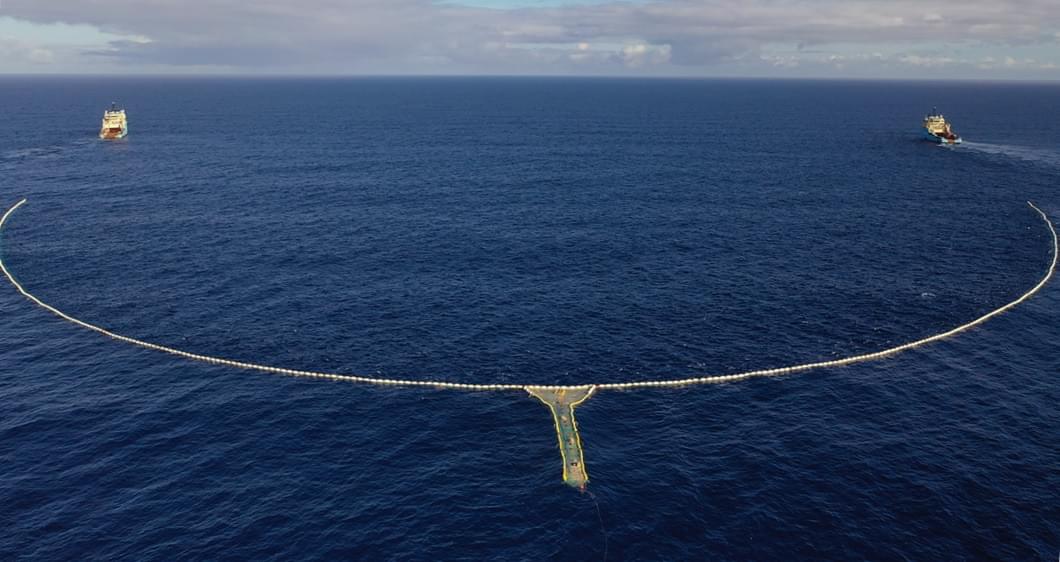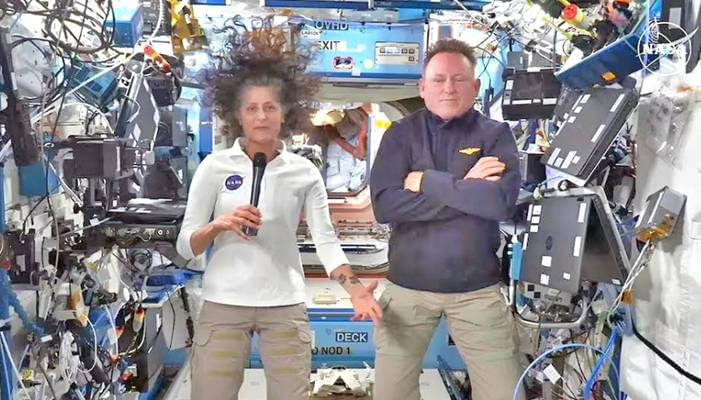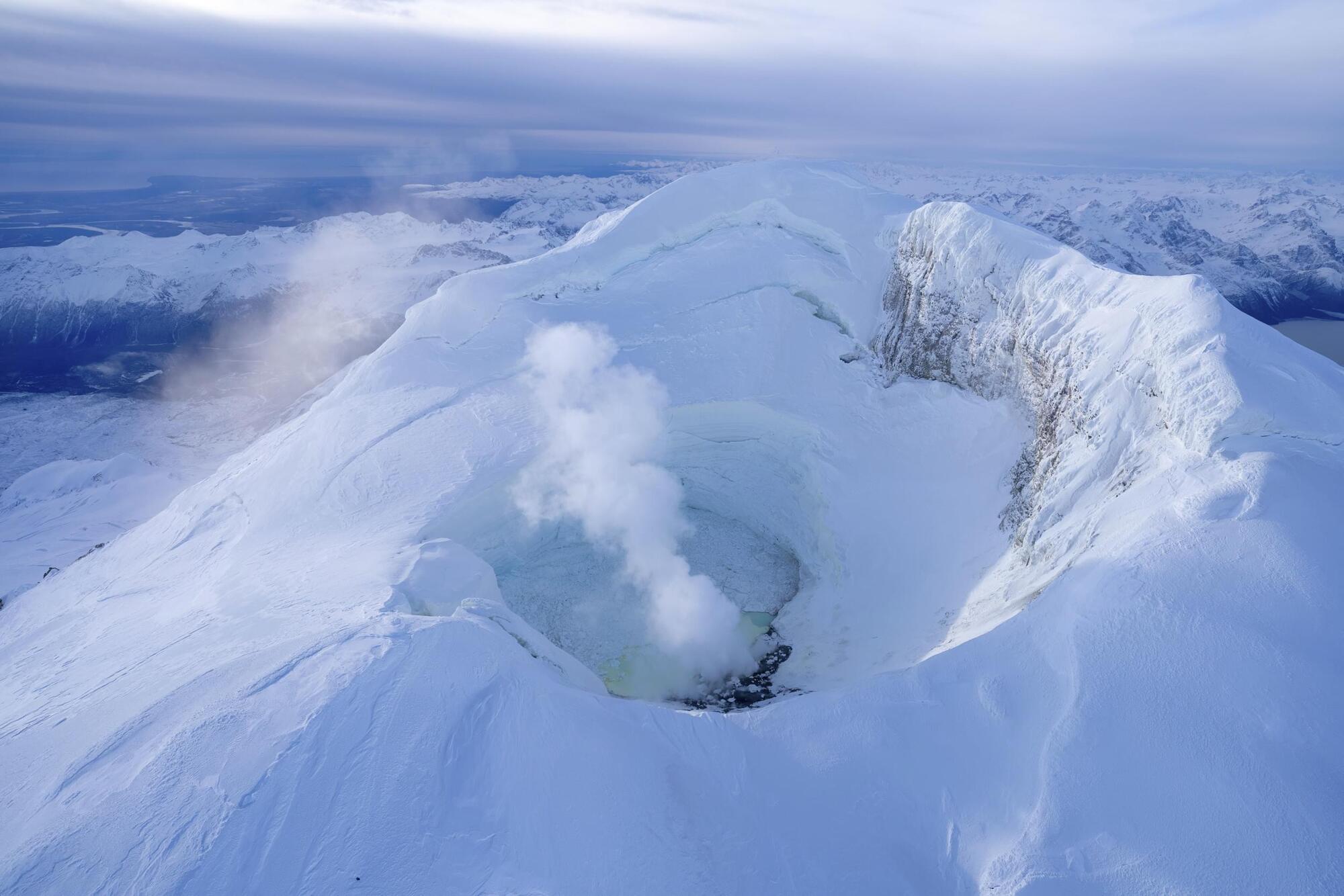Addressing the challenges of fragrance design, researchers at the Institute of Science Tokyo (Science Tokyo) have developed an AI model that can automate the creation of new fragrances based on user-defined scent descriptors. The model uses mass spectrometry profiles of essential oils and corresponding odor descriptors to generate essential oil blends for new scents.
This advance could be a game-changer for the fragrance industry, moving beyond trial-and-error to enable rapid and scalable fragrance production. The findings are published in IEEE Access.
Designing new fragrances is crucial in industries like perfumery, food, and home products, where scent significantly influences the overall experience of these products. However, traditional fragrance creation can be time-consuming and often depends on the skill and expertise of specialized perfumers. The process is typically challenging and labor-intensive, requiring numerous trial-and-error attempts to achieve the desired scent.







